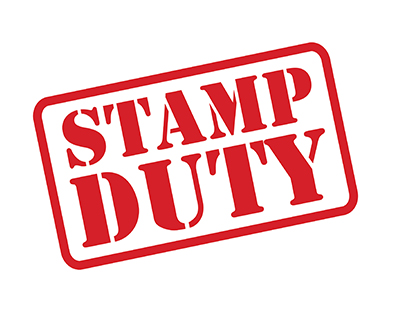“We work with over 4,000 estate agents throughout the UK, and they will welcome this move with open arms,” Craig Vile, managing director of The ValPal Network, said. “It is bound to give the housing market a shot in the arm at a time when interest rates are rising and there has been some talk of a downturn.”
Maxim Cohen, founder and CEO of mortgage advice firm UK Adviser, said the new measures will come as a relief to people buying for the first time to counterbalance the interest rate rises.
“There could have been a slowdown,” he said. “Keeping the UK market buoyant is important to the UK economy as a whole. Interest rate rises are here and may well continue so it’s vital the government takes action to make things easier for buyers. These things go hand in hand.”
But there were some who believe the government should have gone further.
Bryan Mansell, co-founder and CEO of upfront information specialists, Gazeal, cautiously welcomed the move, but would have liked to have seen a total reform of stamp duty.
“Currently, it’s a tax solely on buyers. That needs to change. But this is great for the first-time buyer. They are the engine room of the marketplace but it’s possible that this could lead to a short-term increase in prices. What we really need is to stimulate the number of transactions by having lower price growth. This feels like a bit of a knee-jerk response to the interest rate rises.”
There was also disappointment from the hard-pressed private rental sector, who received little joy from Kwarteng’s tax-cutting measures.
“The Chancellor’s tax cuts will take time to put money into the pockets of renters,” Neil Cobbold, managing director of PayProp, an automated rental payment provider, commented.
“However, as the cost-of-living crisis has been driven mostly by high energy prices, we welcome the cap on prices as we head towards winter which will be a relief to tenants and landlords.”
In his mini-Budget, the Chancellor also confirmed that a £60 billion package to halt energy prices would come from increased government borrowing and also announced £45 billion of tax cuts.
“Stamp duty cuts across the board may help simulate the sales market, but it could tempt more landlords to sell up which could reduce the supply of rental properties in the short term, further driving up rents. And encouraging landlords to give good tenants a right of first refusal on any rental sale could help reduce demand for rental properties in line with supply,” Cobbold claimed.
Kwarteng also highlighted plans for the release of surplus government land for development, including for house building.
Daniel Evans, chair of the Association of Independent Inventory Clerks, said: “I think from a property market perspective, I would give this a cautious welcome. The release of additional land has been sorely needed for a long time and the Stamp Duty reduction will increase transaction levels.”




/_Kwasi%20Kwarteng_400x310.png)
/_Kwasi%20Kwarteng_400x310.png)







.png)


.jpg)




.png)



Join the conversation
Be the first to comment (please use the comment box below)
Please login to comment